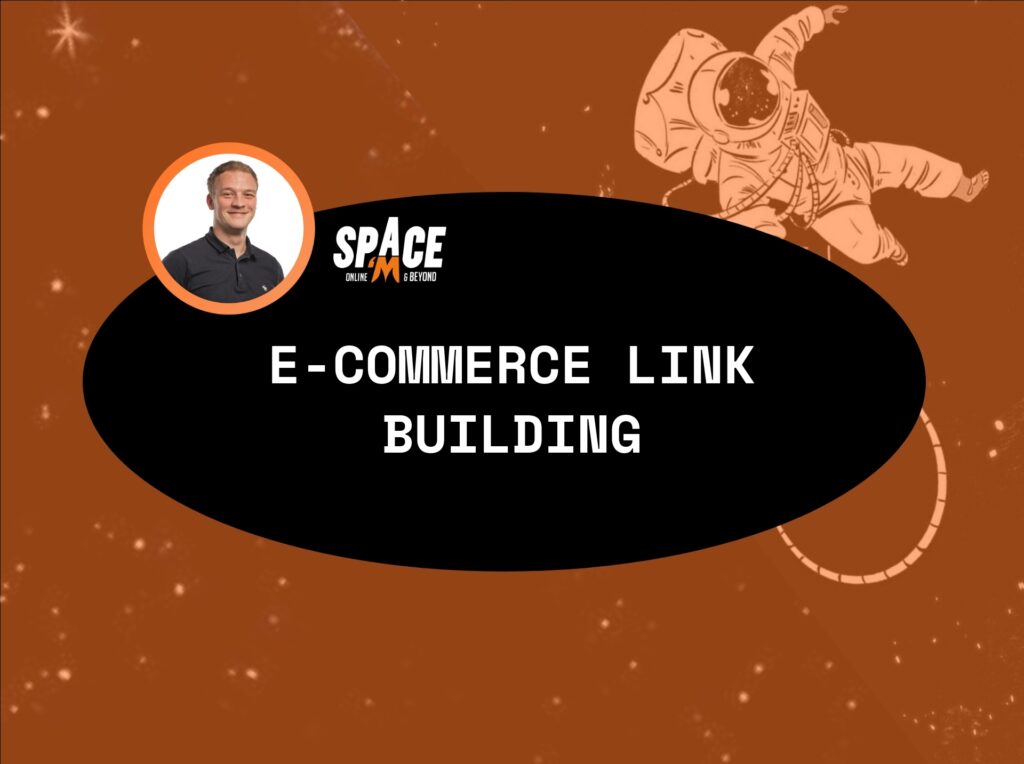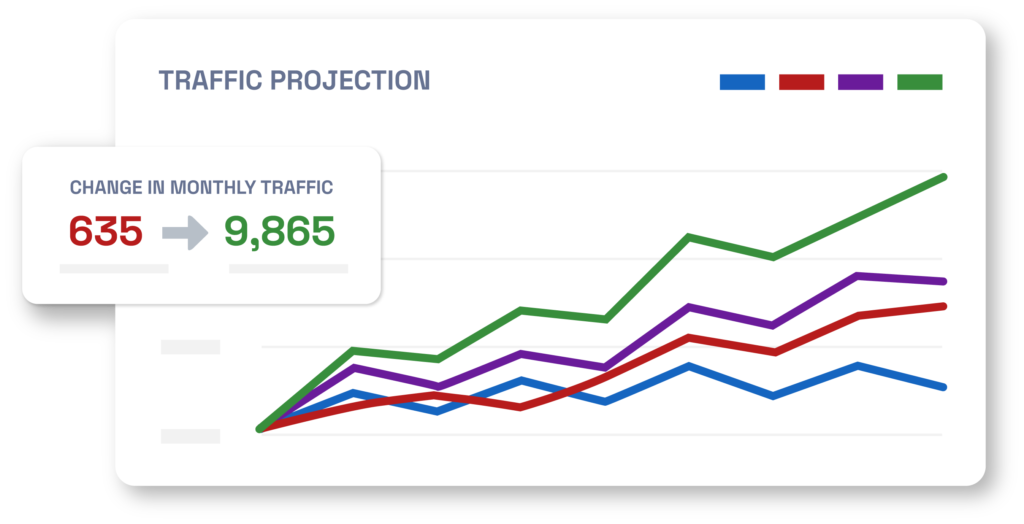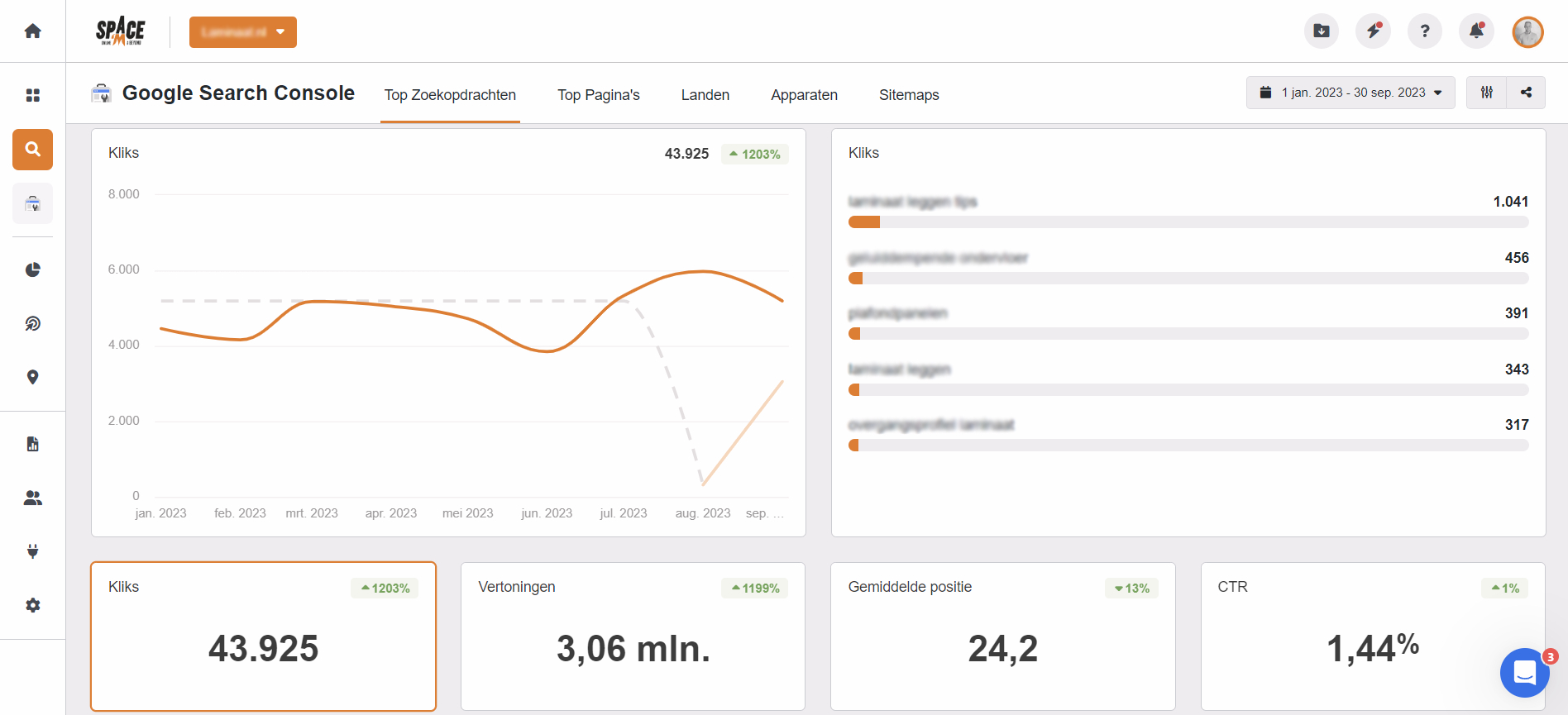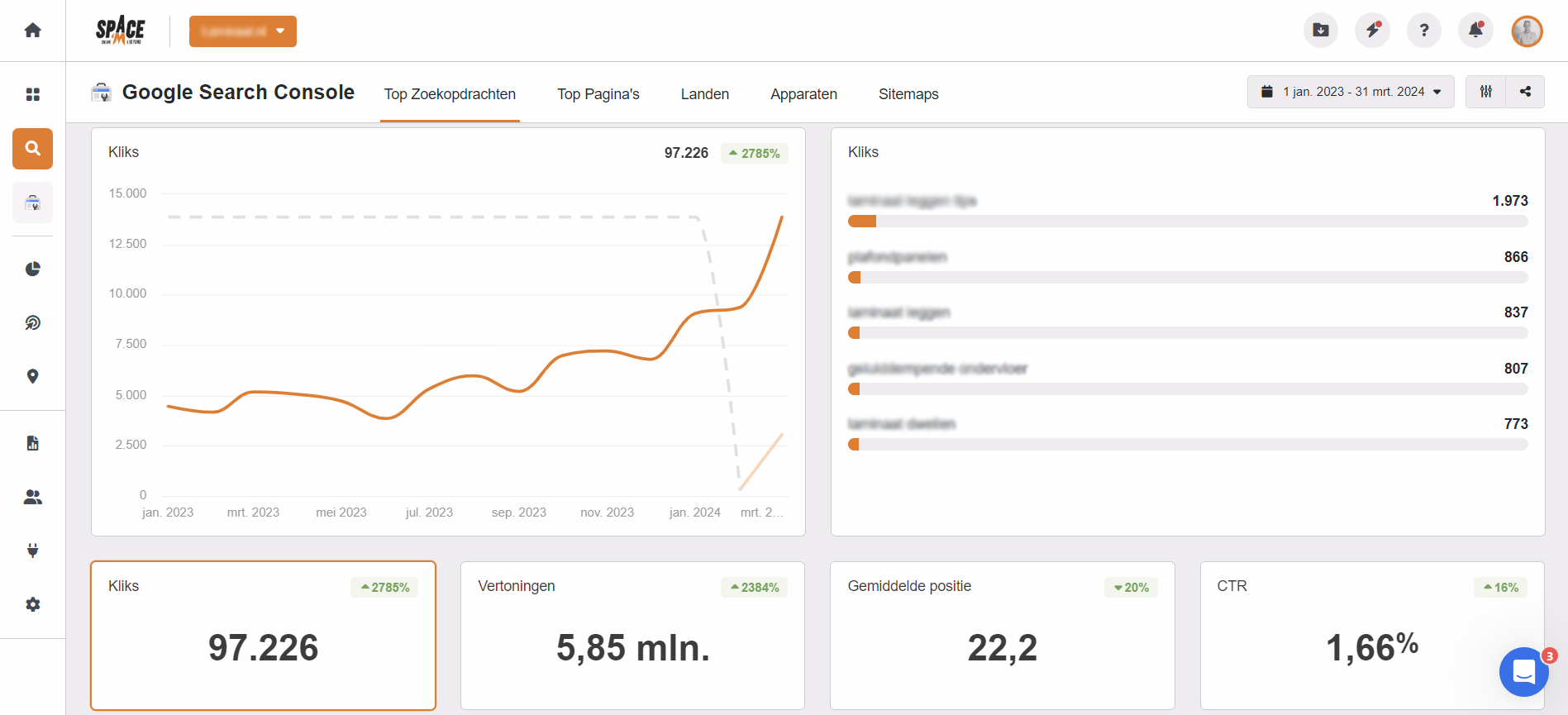Want to improve your ecommerce site’s SEO and drive more traffic? Linkbuilding ecommerce is essential. In this guide, we’ll cover the importance of link building, how to create quality links, and effective strategies to enhance your online store’s visibility and sales.
Key Takeaways
-
Ecommerce sites benefit significantly from strategic link-building efforts, which improve SEO rankings, drive organic traffic, and enhance visibility in search results.
-
Quality backlinks are defined by their relevance, authority, power, and contextual placement, and acquiring high-quality links from reputable sources is crucial for effective SEO.
-
Proven link-building strategies include guest posting, leveraging influencer partnerships, and encouraging user-generated content to gain high-quality backlinks and boost brand authority.
Importance of Linkbuilding for Ecommerce Sites
Link building substantially contributes to SEO success for ecommerce sites, accounting for over 50% of it. A strategic investment in ecommerce link building strategies can result in a considerable boost in organic traffic and sales for ecommerce businesses. By employing ecommerce link building tactics, backlinks act as endorsements from other websites, signaling to search engines that your content is valuable and authoritative, which in turn improves your SEO rankings. For online stores, higher visibility in search results is paramount as it leads to more potential customers discovering their products.
Authority plays a vital role in SEO, with three main types: Domain Authority, Page Authority, and Link Authority. Building relationships with other businesses and site owners can enhance your link profile and domain authority over time. Moreover, the relevancy of the links pointing to your site affects the topical relevance of your website, impacting its search engine ranking. However, ecommerce sites often face greater challenges in acquiring organic backlinks compared to other types of websites. Hence, ecommerce businesses need to adopt a strategic approach to link building.
Linkable assets not only attract backlinks but also increase social shares, brand awareness, and referral traffic. Creating high-quality and linkable content enables ecommerce brands to bolster their online presence and position themselves as niche authorities. This holistic approach to link building is key to maintaining a competitive edge in the crowded ecommerce landscape.
Understanding Quality Links
Not all backlinks are created equal. The value of a link is determined by several factors, including:
- Relevance: It bolsters the credibility of your content, making it more appealing to search engines.
- Authority: High-quality backlinks originate from authoritative sources within your industry, significantly boosting your ecommerce site’s standing in search engine results
- Power: Backlinks from high-power websites have a greater impact on your site’s ranking.
- Contextuality: Backlinks that are placed within relevant and meaningful content are more valuable.
Authority and power are paramount when assessing link quality. Here are some factors to consider:
- An authoritative website boasts high domain authority and a strong backlink profile, making its links more valuable.
- Contextual links embedded within the body of content hold more value than those placed in sidebars or footers.
- Quality backlinks are typically acquired naturally through valuable content and authentic connections.
To maximize the impact of your link-building efforts, focus on acquiring high-quality links from relevant and authoritative sites. This approach not only improves your SEO but also enhances your ecommerce website’s credibility and trustworthiness. Understanding and prioritizing quality links can lay a solid foundation for your link-building strategy, paving the way for sustainable long-term success.
Effective Ecommerce Keyword Research
A successful ecommerce link-building strategy relies heavily on effective keyword research. It plays a crucial role in targeting the right audience and driving organic traffic to the website. It helps identify keywords that other sites within your niche will want to link to. This process begins with defining your target audience’s interests and needs. Tools like Semrush’s Keyword Magic Tool and SpyFu’s competitor keyword research tool are invaluable for uncovering relevant keywords and studying competitors’ best keywords and backlink strategies.
Long-tail keywords, in particular, are goldmines for ecommerce websites. They are less competitive and allow smaller sites to create specific content that larger sites are more likely to link to. By performing a competitive analysis, you can reveal the keywords your competitors are ranking for and identify backlink gaps. This information provides a roadmap for your link-building strategy and helps you create content that naturally attracts backlinks.
Using target keywords in the anchor text of backlinks can significantly improve search rankings for those terms. By carefully executing link-building keyword research, ecommerce sites can gain backlinks passively, as their content will resonate more with their target audience and other website owners. This strategic approach to keyword research ensures that your link-building efforts are aligned with your overall SEO goals and drive measurable results.
Proven Linkbuilding Strategies for Ecommerce Websites
Implementing proven link-building strategies is essential for ecommerce websites looking to enhance their online presence. One effective approach is guest posting on high-quality sites within your industry. By contributing valuable content to relevant blogs, you can build backlinks and expand your brand’s reach.
Another powerful strategy is leveraging influencer partnerships. Engaging with influencers and collaborating over the long term can attract targeted audiences and high-quality backlinks. Encouraging user-generated content is another valuable tactic. Customers who create content related to your products can naturally attract backlinks from other websites.
These strategies, when executed effectively, can significantly boost your ecommerce site’s visibility, authority, and traffic. In the following subsections, we will delve deeper into each of these strategies and provide actionable tips for implementation.
Guest Posting on High-Quality Sites
Guest posting on high-traffic industry blogs is a powerful way to popularize your content and attract more backlinks. By creating authoritative content assets like infographics, videos, and guest posts, you can support your outreach for link building in ecommerce. When pitching a guest post, it’s essential to personalize your outreach emails. Using the editor and the publication’s name in the email subject line can increase the chances of your email being opened.
Additionally, here are some tips for an effective guest posting campaign:
- Send 10-20 outreach emails per week.
- Focus on creating high-quality, relevant content that adds value to the target blog’s audience.
- This approach not only helps build quality links but also establishes your brand as an authority in your niche.
Guest posting on high-quality sites can lead to increased referral traffic, an enhanced link profile, and overall SEO improvement.
Leveraging Influencer Partnerships
Influencer partnerships can be a game-changer for ecommerce link building. Building relationships with niche influencers can attract targeted audiences and high-quality backlinks. Micro-influencers, in particular, offer the best value as they attract highly engaged and loyal audiences. By mentioning influencers in your content and notifying them, you can achieve high levels of engagement and backlinks.
Long-term engagement and collaboration with influencer content are key to forging enduring relationships. Some influencers may accept payment in exchange for a mention on their website, which can result in valuable backlinks. Leveraging influencer partnerships can drive targeted traffic to your ecommerce site, boost brand awareness, and enhance your link-building efforts.
Utilizing User-Generated Content
Encouraging user-generated content is a powerful way to attract organic backlinks and authentic endorsements of your products. Customers who create content related to your products can naturally attract backlinks from other websites, boosting your site’s authority and visibility. Engaging with customers through creative campaigns can inspire them to share their experiences and link back to your ecommerce store.
By fostering a community of engaged customers, you can generate a steady stream of organic backlinks and positive product reviews. This approach not only enhances your link profile but also builds trust and loyalty among your customer base. User-generated content is an invaluable asset in your link-building strategy, providing authentic and credible endorsements that resonate with potential customers.
Creating Link-Worthy Content
Crafting content worthy of links is vital in drawing natural backlinks and boosting your website’s credibility. Research-backed infographics, in-depth guides, and engaging blog posts are particularly effective for link building. Infographics can significantly boost SEO by attracting relevant backlinks from high-quality websites. They are easy to share and read, providing more opportunities to secure backlinks.
The Skyscraper Tactic involves creating high-quality content that is significantly better than existing top-ranked content, encouraging others to link to it. By focusing on creating valuable and unique content, you can naturally attract backlinks and establish your ecommerce site as an authority in your niche. In the following subsections, we will explore how to develop shareable infographics, publish in-depth guides, and craft engaging blog posts.
Developing Shareable Infographics
Creating visually appealing, data-driven infographics is a highly effective link-building strategy. Infographics can extend your brand’s reach and boost traffic due to their shareable nature. They can serve as link bait, attracting backlinks from other websites. Well-designed and data-driven infographics tend to perform better in link-building campaigns.
Using tools like Canva and Visme, you can quickly create shareable infographics that present complex information in an engaging visual format. Ensure that your infographics are link-worthy content by providing valuable insights and presenting data in a visually appealing manner. By developing shareable infographics, you can attract high-quality backlinks and enhance your ecommerce site’s SEO.
Publishing In-Depth Guides and Tutorials
Publishing comprehensive guides and tutorials is an excellent way to establish authority and attract organic backlinks. Definitive guides and tutorials offer deep insights into complicated subjects, making them highly shareable and valuable.
Here are some benefits of publishing guides and tutorials:
- They can draw quality backlinks to your site
- They can position your ecommerce site as a trusted resource
- They can help establish your authority in your industry
By creating and sharing detailed how-to guides, you can attract more organic traffic and improve your site’s visibility.
By creating in-depth guides and tutorials, you can address your target audience’s pain points and provide solutions to their problems. This approach not only attracts backlinks but also drives traffic and builds trust with your audience. Comprehensive content is a cornerstone of a successful link-building strategy, helping you achieve long-term SEO success.
Crafting Engaging Blog Posts
Crafting engaging blog posts with unique angles and storytelling techniques can make them more shareable and link-worthy. Content that provides valuable, unique insights is more likely to be shared and linked to. Using storytelling techniques can make your blog post more engaging and appealing to readers.
Creating shareable content is crucial for link building, as viral content provides link-building opportunities and increases referral traffic. By focusing on solving specific problems and offering unique perspectives, you can create blog posts that resonate with your audience and attract natural backlinks. Engaging blog posts are a vital component of a robust link-building strategy, driving traffic and enhancing your site’s authority.
Advanced Tactics for Building Links to Product Pages
Building links to product pages can be challenging, but advanced tactics like:
- Broken link building: involves finding and fixing broken links on other websites, suggesting your product page as a relevant working link.
- Competitor backlink analysis: helps identify link-building opportunities by reviewing the backlinks that other ecommerce websites have acquired.
- Outreach for product reviews: reaching out to influencers or bloggers in your industry and asking them to review your product and link back to your product page.
These tactics can make a significant impact in building links to your product pages.
Outreach for product reviews can boost your ecommerce site’s credibility and generate valuable backlinks from reputable sites. By implementing these advanced tactics, you can enhance your product pages’ visibility and authority, driving more traffic and sales to your online store. In the following subsections, we will explore each of these tactics in detail and provide actionable tips for execution.
Broken Link Building
Broken link building is an advanced link-building strategy that involves identifying non-functional links on other websites and offering your product pages as replacements. Site owners benefit from this tactic because it fixes their broken outbound links and replaces them with relevant working links to your site, ultimately improving the user experience and search engine optimization. Reaching out to site owners to notify them of the broken links and suggesting your content as a replacement can result in valuable backlinks.
By focusing on product page links, you can target product reviews and comparison posts, enhancing your ecommerce site’s visibility and authority. This approach not only helps build quality links but also strengthens your relationships with other website owners.
Broken link building is a powerful tactic that can significantly boost your link profile, build links, and improve your SEO.
Competitor Backlink Analysis
Analyzing your competitors’ backlinks can reveal strategic link-building opportunities for your ecommerce site. Using tools like Ahrefs, SEMrush, or Moz, you can gather a list of backlinks pointing to your competitors and focus on key metrics such as domain authority, relevance, and anchor text usage. This analysis provides insights into which content formats attract the most links and the types of sites that are linking back.
Once you identify these opportunities, target similar high-authority sites, replicate successful content formats, and build relationships with the sites already linking to your competitors. By implementing these insights, you can enhance your link-building strategy, drive more organic traffic, and improve your ecommerce site’s search engine rankings.
Outreach for Product Reviews
Reaching out to bloggers and review sites is an effective strategy for promoting your products and earning valuable backlinks. By offering product samples, guest posts, or sponsoring reviews, you can incentivize bloggers to write about your products and link back to your online store. This outreach not only boosts your site’s credibility but also enhances its visibility in search engine results.
If your products aren’t initially selected for review, following up respectfully or offering to send free samples can further incentivize reviews. Showing genuine interest in feedback can also encourage customers to share their thoughts about your products. This proactive approach helps build strong relationships with bloggers and review sites, resulting in high-quality backlinks and increased brand awareness.
Monitoring and Maintaining Your Link Profile
It’s important to regularly monitor your link profile to detect sudden changes like a surge in new backlinks or loss of existing ones. Tools like Google Search Console allow website owners to monitor and analyze the backlinks indexed for their site. This helps protect your site from penalties and maintain a healthy link profile.
Avoiding search engine penalties necessitates maintaining a diverse and natural backlink profile. Disavowing toxic backlinks and contacting site owners hosting harmful links are vital steps in maintaining link hygiene. By using backlink analysis tools like Ahrefs, Moz, and SEMrush, you can gain insights into your site’s link profile and ensure it remains robust and trustworthy.
Integrating Link Building with Overall SEO Strategy
The effectiveness of both link-building and overall SEO strategy can be amplified through their integration. Outreach marketing allows ecommerce websites to contact individuals or organizations with similar interests for potential business relationships and content marketing opportunities. Additionally, finding unlinked brand mentions and requesting a link from the site owner can be a simple yet effective tactic.
Repurposing ecommerce product images for link building by licensing high-res images to other websites or creating recurring affiliate promotions can also drive backlinks. Ignoring local SEO and geo-targeted link building can reduce local search visibility, so ensure these strategies are part of your overall SEO plan. By integrating these efforts, you can create a cohesive and powerful SEO strategy that drives traffic and boosts your ecommerce site’s performance.
Common Mistakes to Avoid in Ecommerce Link Building
To maintain a healthy link profile, it’s important to avoid common mistakes in ecommerce link building. Here are some mistakes to avoid:
- Building links from low-authority websites, as it can harm your site’s credibility and negatively impact search engine rankings.
- Building links from non-relevant sites, as it can have a detrimental effect.
- Using poor, plagiarized, or duplicate content for links, as it can damage your site.
- Building backlinks from sites with a toxic link profile, as they should be avoided.
To avoid these pitfalls, here are some tips for effective link building:
- Focus on building high-quality links from reputable websites.
- Use varied anchor texts instead of overusing exact match anchor text.
- Employ a range of link-building tactics, such as guest blogging, social media promotion, and influencer outreach.
- Monitor your backlink profile regularly to ensure it remains diverse and natural.
By following these tips, you can create a robust and effective link profile that will improve your search engine rankings and encourage users to search Google for your content.
Summary
In summary, link building is an essential strategy for ecommerce sites, significantly impacting SEO success, organic traffic, and sales. By understanding the importance of quality links and conducting effective keyword research, ecommerce businesses can identify valuable link-building opportunities and create resonating content. Implementing proven strategies like guest posting, influencer partnerships, and encouraging user-generated content can further enhance your link profile.
Advanced tactics such as broken link building, competitor backlink analysis, and outreach for product reviews provide additional avenues for building links to product pages. Regular monitoring and maintaining your link profile ensures ongoing success and protection against penalties. Integrating link building with your overall SEO strategy and avoiding common mistakes will help you build a robust and sustainable link profile, driving long-term success for your ecommerce brand.
Frequently Asked Questions
Why is link building important for ecommerce sites?
Link building is important for ecommerce sites because it significantly impacts SEO success, organic traffic, and sales by improving search engine rankings and increasing visibility. This is crucial for driving more traffic and potential customers to your online store.
How can I identify high-quality links for my ecommerce website?
Look for links from authoritative and relevant sources within your industry, considering factors like domain authority, relevance, and contextual placement. This will help you identify high-quality links for your ecommerce website.
What are some effective link-building strategies for ecommerce websites?
Some effective link-building strategies for ecommerce websites include guest posting, influencer partnerships, and user-generated content. Additionally, advanced tactics like broken link building and competitor backlink analysis can be beneficial in increasing backlinks and improving search engine visibility.
How can I create link-worthy content for my ecommerce site?
To create link-worthy content for your ecommerce site, focus on creating shareable infographics, in-depth guides, and engaging blog posts. Utilize the Skyscraper Tactic to produce high-quality content that exceeds existing top-ranked content, encouraging others to link to it.
What common mistakes should I avoid in ecommerce link building?
In ecommerce link building, it’s important to avoid getting links from low-authority or irrelevant sites, using excessive exact match anchor text, and rapidly creating too many backlinks. Instead, focus on high-quality links, diverse anchor texts, and a balanced approach to link-building.


















